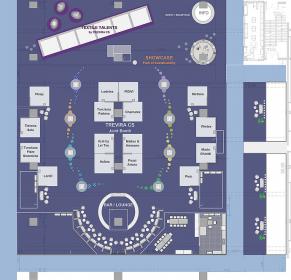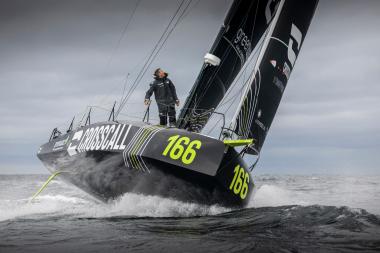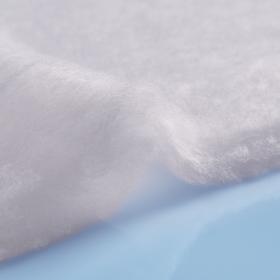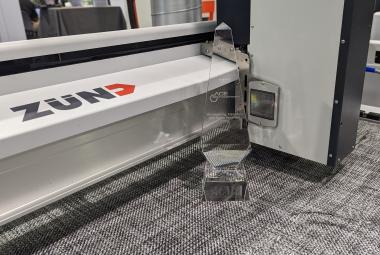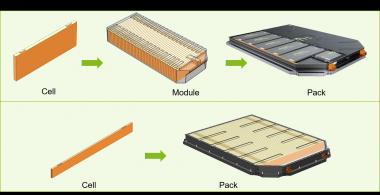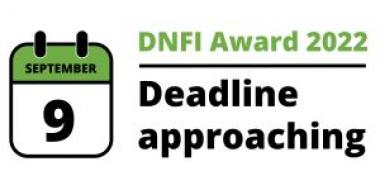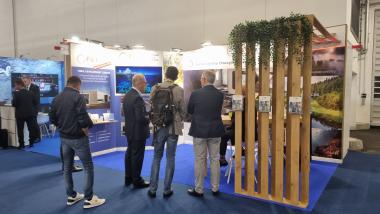FET extrusion system features in UK Business Secretary’s visit
The UK’s new Business Secretary, Grant Shapps has visited the Henry Royce Institute’ hub in Manchester to seal the second phase of R&D investment in the institute of £95 million. Fibre Extrusion Technology Limited (FET) of Leeds, England had previously installed its FET-200LAB wet spinning system at the University of Manchester site and this proved to be a focus for the Business Secretary’s interest, as he discussed the project with FET’s Research and Development Manager, Mark Smith.
This wet spinning technology enables fibres to be derived from sustainable wood pulp to produce high quality apparel and trials are now underway to perfect this process. FET is a world leading supplier of laboratory and pilot melt spinning systems, having successfully processed more than 35 different polymer types in multifilament, monofilament and nonwoven formats.
During his visit, Shapps spoke of the investment programme as a means of reinforcing the UK’s standing as a leader in advanced materials research, development and innovation.
“R&D investment is a critical way to turbocharge Britain’s growth. Growing an economy fit for the future means harnessing the full potential of advanced materials, making science fiction a reality by supporting projects from regenerative medicine to robots developing new recycling capabilities, right across the country. Today’s £95 million investment will do just that, bringing together the brightest minds across our businesses and institutions to help future-proof sectors from healthcare to nuclear energy.”
The Henry Royce Institute was established in 2015 with an initial £235 million government investment through the Engineering and Physical Sciences Research Council and the latest £95 million sum represents the second phase of the investment.
Opportunities being investigated by Royce include lightweight materials and structures, biomaterials and materials designed for reuse, recycling and remanufacture. Advanced materials are critical to the UK future in various industries, such as health, transport, energy, electronics and utilities.
FET Ltd.










